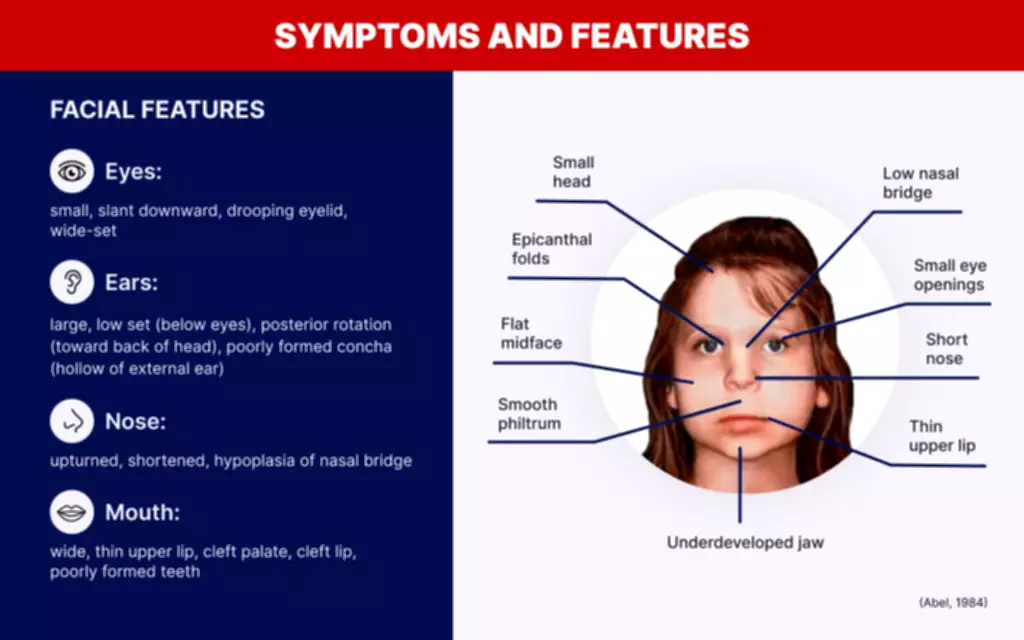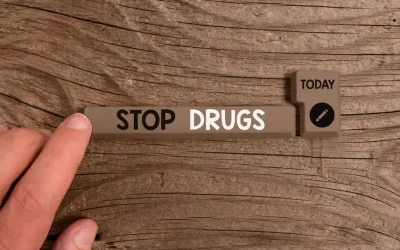If you don’t feel better from drinking plain water, try adding an electrolyte mix to water or drinking a low-sugar sports drink that contains electrolytes. When you have food in your stomach, alcohol is absorbed more slowly into your system. It’s best to drink while eating or just after, and to snack as you continue to drink. Alcohol’s diuretic effects mean it’s difficult to avoid experiencing some level of dehydration from drinking. However, you may be able to minimize its severity by following a few simple tips. Maintaining proper fluid balance helps eliminate waste, protect body tissues, and keep energy levels up, according to Mayo Clinic.
Related Content
Drinks that contained electrolytes—milk and oral rehydration solutions, for example—were more hydrating after two hours compared to water. [6] In other words, subjects peed less relative to their fluid intake two hours after consuming these drinks compared to water. This is one reason why drinking water with wine leaves you with a less potent or faster buzz.
- “The best beverages to rehydrate with should include electrolytes like sodium and potassium, as well as calories from carbs, proteins or fats to help the fluids be absorbed into the cells,” Pfau says.
- While the dehydrating effects of alcohol are mild, the effects are cumulative, meaning the more you drink, the more dehydrated you may become.
- This sugar can speed up how fast alcohol hits your bloodstream, potentially making dehydration worse.
- These might lead to dehydration more quickly, according to a 2010 study [8] [9].
Practical Tips to Counteract Wine-Induced Dehydration
This can lead to drinking less additional liquid after having a drink such as a soda, which could make the effects of dehydration worse. Wine generally has a higher alcohol content than beer and cider, which may contribute to the likeliness of more frequent urination and dehydration. Drinks containing high amounts of alcohol, caffeine, and sugar are most likely to perform as diuretics does wine dehydrate you in the body and promote dehydration. Below is a list of drink types that fall within these categories. Drinks that may result in dehydration can include alcoholic, caffeinated, and sugary beverages. In addition, alcohol negatively impacts neurotransmitter balance and mood regulation, which can lead to symptoms of unease and anxiety on the days after drinking alcohol.

Dehydrating drinks: Caffeine, sugar, and other ingredients

Alcohol has a diuretic effect, which increases urine production in the body and depletes fluids in the body. When alcohol is consumed, it inhibits the hormone vasopressin, which https://ecosoberhouse.com/ regulates water balance in the body. This reduction in vasopressin levels leads to increased urine production and water loss in the body, ultimately leading to dehydration.

For every standard drink you consume (10 mL of alcohol), you are likely to urinate 100 mL more than you drink. Waking up with dry mouth, throbbing headache, fatigue, brain fog, and nausea are all signs of alcohol-induced dehydration. With impaired antidiuretic hormone, you’ll notice more trips to the bathroom and less concentrated urine. Essentially, expelling much-needed fluids that your body wouldn’t normally waste. If you’re consuming more alcohol during the holiday season, you’re not alone. Social drinking is just part of the holiday package — and homemade cocktails, wine, and champagne all deserve a spot in your celebrations.
What’s the Least Dehydrating Alcohol? – Food & Wine
What’s the Least Dehydrating Alcohol?.
Posted: Tue, 11 Jul 2017 07:00:00 GMT [source]
But it’s best if these drinks are spread out over the week rather than enjoyed all in one sitting. The research on alcohol shows that drinking even moderate amounts can be unhealthy, but does the occasional beer or glass of wine help you meet your hydration goals anyway? Even though we often drink more beer in a sitting than wine, wine’s higher alcohol strength still nudges it ahead in the dehydration stakes when you compare equal alcohol volumes. The actual dehydration effect depends on how much you drink and your body’s unique response, but generally, wine can be more dehydrating than beer, especially if you’re not balancing it out with enough water.



